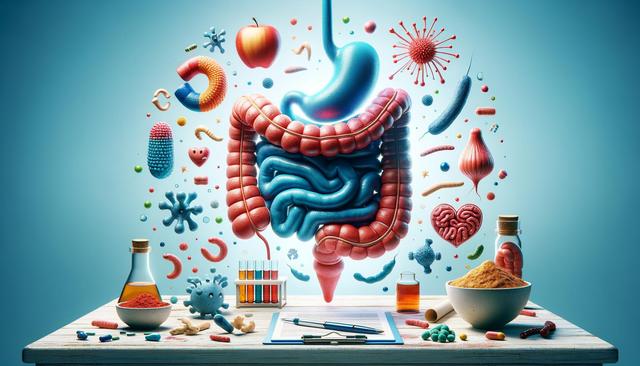Understanding Constipation and Its Causes
Constipation affects people of all ages and can significantly impact daily comfort and well-being. It is typically defined by infrequent bowel movements, hard or lumpy stools, and difficulty passing stools. Several factors can contribute to constipation, including low fiber intake, dehydration, lack of physical activity, and certain medications. Recognizing the root causes is the first step toward finding effective relief. While over-the-counter remedies are available, many individuals seek natural solutions that support long-term digestive health. Fortunately, adjusting your diet by incorporating foods that can help with bowel movement can be a practical and gentle approach.
Incorporating Fiber-Rich Foods
Fiber plays a vital role in digestive health by adding bulk to stool and promoting regular movement through the digestive tract. Soluble fiber absorbs water and forms a gel-like substance, which helps soften stool. Insoluble fiber, on the other hand, adds bulk and helps food pass more quickly through the stomach and intestines. Both types are important for maintaining regularity. Some fiber-rich options include:
- Whole grains such as oats, brown rice, and quinoa
- Legumes like lentils, chickpeas, and black beans
- Fruits including apples, pears, and berries (with skin)
- Vegetables such as broccoli, carrots, and leafy greens
- Nuts and seeds, including flaxseeds and chia seeds
These foods that can help with bowel movement should be added gradually to the diet to avoid gas or bloating. Additionally, it’s essential to pair increased fiber intake with adequate fluid consumption to help the fiber move effectively through the digestive system.
Hydration and Digestive Health
Staying well-hydrated is crucial for preventing and relieving constipation. Water helps fiber work more efficiently and softens stool, making it easier to pass. While plain water is an excellent choice, there are also drinks that can help with constipation by providing additional hydration and digestive support. These include:
- Warm water with lemon, which can stimulate digestion
- Herbal teas like peppermint or ginger tea, known for soothing the gut
- Prune juice, a popular natural remedy due to its sorbitol content
- Aloe vera juice in small amounts, which may promote bowel movements
- Fruit-infused water to encourage more fluid intake
Creating a daily routine that includes these beverages can help maintain regularity. It’s also beneficial to limit dehydrating drinks such as those high in caffeine or alcohol, as they can contribute to constipation if consumed in excess.
Probiotics and Gut Balance
The balance of bacteria in the gut can significantly affect digestion and bowel habits. Probiotics are beneficial bacteria that help maintain a healthy gut environment, which can improve stool consistency and frequency. They are found in fermented foods and certain supplements. Including probiotic-rich options in your meals may enhance your ability to manage constipation effectively. Examples of probiotic foods include:
- Yogurt with live cultures
- Kefir
- Kimchi
- Sauerkraut
- Miso and tempeh
In addition to promoting regular bowel movements, probiotics can also support immune health and reduce inflammation in the digestive tract. For some individuals, a combination of probiotics and prebiotics—found in foods like onions, garlic, and bananas—can work synergistically to improve digestion.
Establishing Healthy Eating Habits
Beyond individual foods and drinks that can help with constipation, it’s important to consider overall eating patterns. Developing consistent habits can train your digestive system and reduce the likelihood of irregularity. Some practical strategies include:
- Eating meals at regular times each day
- Chewing food thoroughly to aid the digestive process
- Allowing time for relaxed meals rather than eating in a rush
- Maintaining a balanced diet that includes a variety of plant-based foods
Physical activity is another key component that complements dietary efforts. Regular movement, such as walking or light stretching, can stimulate intestinal activity. When combined with foods that can help with bowel movement and hydration, these habits form a well-rounded approach to digestive health.




Leave a Reply